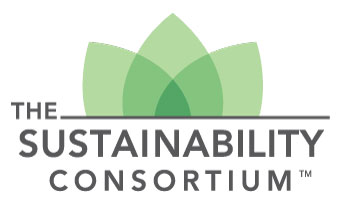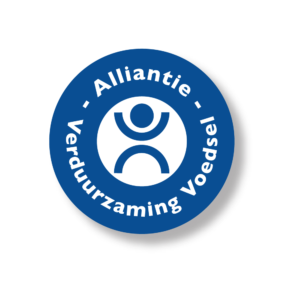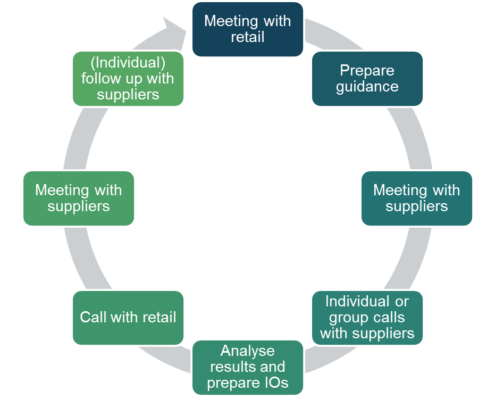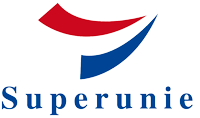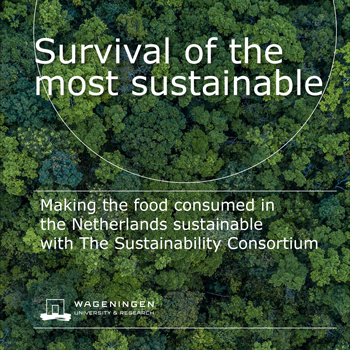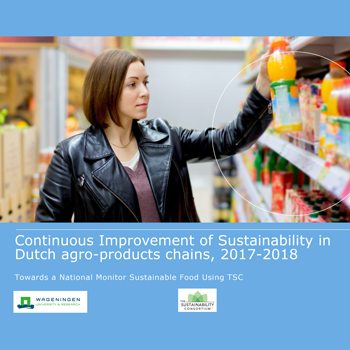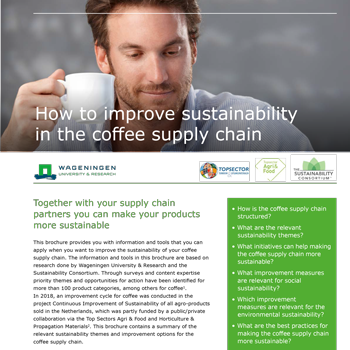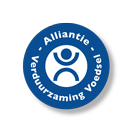CASE STUDIES
The Dutch Alliance
The Dutch Alliance for Sustainable Food is an alliance of all companies active in the Dutch food industry with the goal of making food sold in the Netherlands more sustainable. The Alliance represents Dutch retailers, food processers, hospitality and catering companies, and Dutch farmers. The broad range of food consumed in the Netherlands combined with the environmental and social issues that come with producing them created a demand for a holistic and systematic global tool for Dutch companies working within the food industry.
As a first step towards creating a sustainable food system, the Alliance agreed on a common set of TSC product categories to pilot with suppliers. These product categories included beef, mango/avocado, grapes and grain based products (cookies, pizza etc). Once these categories were agreed upon, several retailers, catering organizations, wholesalers and food-processing companies asked their suppliers to respond to the Key Performance Indicators (KPIs) embedded in the relevant TSC Product Sustainability Toolkits.
The Dutch government was able to co-finance the alliance. This additional support allowed TSC staff based in the Netherlands to assist participating suppliers with responding to the KPIs and, more importantly, to develop improvement plans based on the results. Additionally, TSC prepared benchmark reports comparing the results to peer suppliers in the Netherlands and with global suppliers in the relevant product categories. Anonymized benchmark data was available for supplier review.
The collective approach at the core of the Dutch Alliance for Sustainable Food allowed for larger numbers of suppliers to create more robust benchmarking. Some of these companies supplied to multiple participating retailers. This meant that in order for a company to communicate their sustainability performance, they only had to answer their relevant KPIs once for all of their participating retail customers.
The Dutch Alliance for Sustainable Food brought suppliers together to discuss their results, share best practices, and discuss collective action and individual ways to improve their performance. TSC staff highlighted improvement opportunities associated with the hotpots. In some cases, TSC staff tailored improvement opportunities specifically for the needs of Dutch suppliers.
Because of the success of this pilot, more organizations are currently participating in the Alliance. Additional product categories including tomato soup, processed potatoes and orange juice are currently being piloted and flowers/plants and tomatoes may follow.
Downloads
This project was made possible by:
